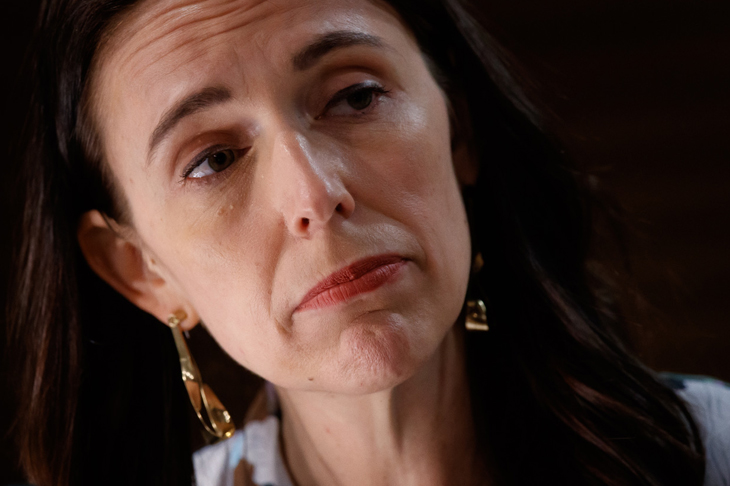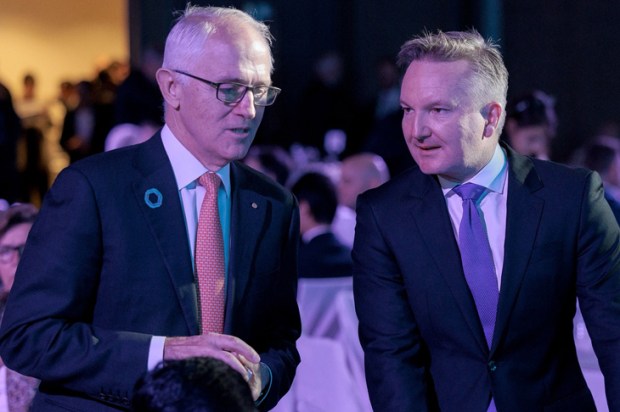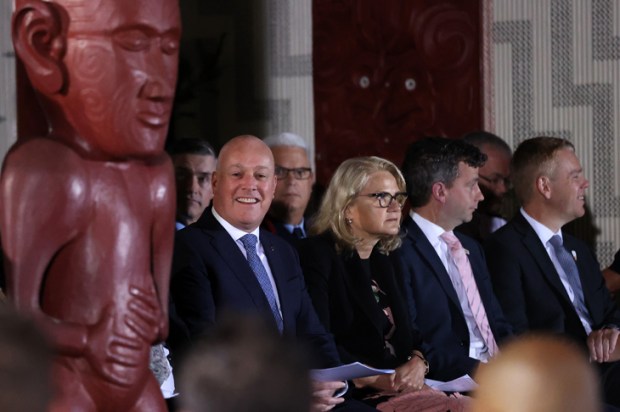To tell you the truth, I lost interest in Aussie rules football some time ago. My team is into a two-decade-long, three-year rebuild – if you know what I mean.
So many plans, so many promises from the club; it’s become a running joke. It was rumoured that 80 per cent of Victorians had been approached (twice) to be the new coach.
If a game is on the tele, I’ll watch for a while before finding some preferable activity like cleaning out the garage or dead-heading the roses. But I have noticed that quite a few of the rules have changed, including the introduction of a penalty for ‘insufficient intent’.
That’s right: a team can be awarded a free kick if the opposing team – mainly one or two players – has demonstrated ‘insufficient intent’ to keep the ball in play. Of course, it’s highly subjective whether or not players have demonstrated insufficient intent as opposed to the old rule of deliberately kicking the ball out of bounds.
There is often a considerable amount of booing from the crowd – when a crowd is allowed, that is – when such a free kick for insufficient intent is awarded. Fans of the penalised team will often strongly object but the game proceeds.
I was pondering this issue while watching – sort of – the recent grand final between the Demons and the Bulldogs. No illegal GF gathering for us; we were cooped up at home wishing that both teams would lose.
What about the ads? The banks’ ones are so woke and green that it’s hard to figure out what is being promoted – certainly not the banking services of the particular company. But I’ve become an admirer of the ‘did someone say KFC?’ ads – particularly the ‘isn’t that Ben from finance?’ version. Nothing woke or green about them; I’m even tempted to go out and buy KFC.
But when it comes to insufficient intent, I was reminded of the world of international climate politics in which feelings matter so much more than facts. In the context of the loud and hysterical campaign for Australia to declare its commitment to net zero emissions by 2050, it’s the intent that matters not outcomes. And the elites and activists get to assess intent, just like those Wiggle-attired umpires on the football field.
Of course, we have known this for some time, as countries that have clearly failed to meet their international climate targets – under the various versions of the Kyoto protocol, for instance – are lauded as international climate champions – Canada and New Zealand spring to mind – while those who have actually met their targets are ridiculed as climate felons. Australia falls into this latter category.
While Saint Jacinda’s halo is slipping somewhat – the Covid elimination strategy has encountered some heavy weather and the lockdown remains in place – New Zealand continues to be praised for its commitment to NZE 2050. The Labour government even went to the trouble of passing legislation, The Climate Change Response (Zero Carbon) Amendment Act 2019, an action which is seen by those same elites and activists as a necessary part of quality climate policy.
There is, however, a teeny-weeny problem with New Zealand’s intent to achieve NZE 2050: some 43 per cent of its emissions are not included in the target because it only applies to ‘long-lived gases’. That would be the 43 per cent of emissions emanating mainly from the agriculture sector and those farting sheep and cows, in particular. To be sure, there is a separate target for this sector – a reduction of between 25 and 47 per cent by 2050 from 2017 levels. In other words, good but no cigar. Sensing perhaps her demotion from top of the climate action ladder, Jacinda did declare a climate emergency in 2020, although what that actually achieved is unclear. But of course her supporters love it: she really gets it and that’s important.
She also had the sense (or lack of it) to set up a Climate Commission headed by a chap who favours the hairshirt approach (people must change their ways) to dealing with climate change. Its website states that ‘we drive climate action in Aotearoa (New Zealand is so yesterday). Our independence means we can provide impartial advice, challenge and hold the government to account on climate action’. One of the main messages to the good folk of the land of the long white cloud is walk, cycle or use public transport. If you must use a car, make it electric.
Needless to say, the Climate Commission thinks that the country, whatever its name, really needs to lift its emissions reduction ambitions and to insist that farmers are made to do much more. It is widely accepted that massive reforestation will be required as part of the deal.
Weirdly, the Department of Environment has estimated that the cost for New Zealand of achieving NZE 2050 is the equivalent of 16 per cent of GDP, while the OECD thinks the cost of climate change for the country will be only 1 per cent of GDP between 2015 and 2060.
On this basis, the Labour government would be nuts to do anything more than it’s doing but Jacinda is scared of having a penalty awarded against her for insufficient intent. There is even talk of her staying home rather than mixing with the luvvies in Glasgow, thus sparing her the embarrassment of facing a ‘blah, blah, blah’ criticism from that other saint, Greta.
Of course, New Zealand is not the only one who is keen to demonstrate sufficient intent when it comes to the climate. The country’s host thinks that it can fully decarbonise its electricity grid by 2035 and expects to cut emissions by nearly 80 per cent by that date.
The UK also has an Act of Parliament, but there is no credible plan to achieve the targets, in part because its proposal to impose heat pumps as the only allowable form of domestic heating is in complete tatters. The reality is that the country will be pushed to keep the lights on at affordable prices in the coming years. But, hey, the intent will be there.
It’s becoming increasingly clear that it’s not really the climate that we should fear but climate policy. But just as lemmings jump off cliffs, many Western countries are intent on committing economic suicide to demonstrate their climate purity. The leaders of China, India and Russia, in particular, can sit back and enjoy the show.
Got something to add? Join the discussion and comment below.
Get 10 issues for just $10
Subscribe to The Spectator Australia today for the next 10 magazine issues, plus full online access, for just $10.
You might disagree with half of it, but you’ll enjoy reading all of it. Try your first month for free, then just $2 a week for the remainder of your first year.














Comments
Don't miss out
Join the conversation with other Spectator Australia readers. Subscribe to leave a comment.
SUBSCRIBEAlready a subscriber? Log in